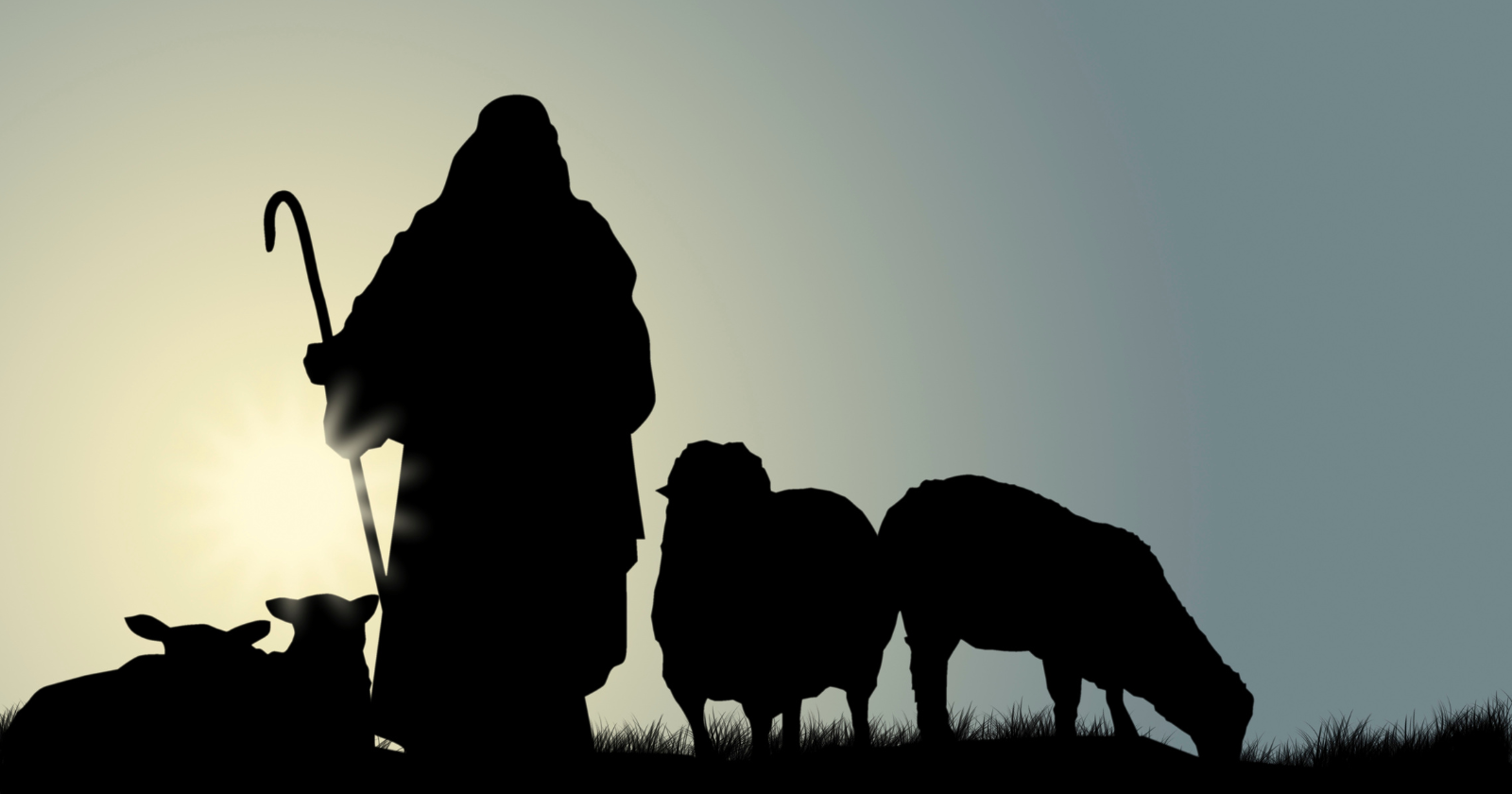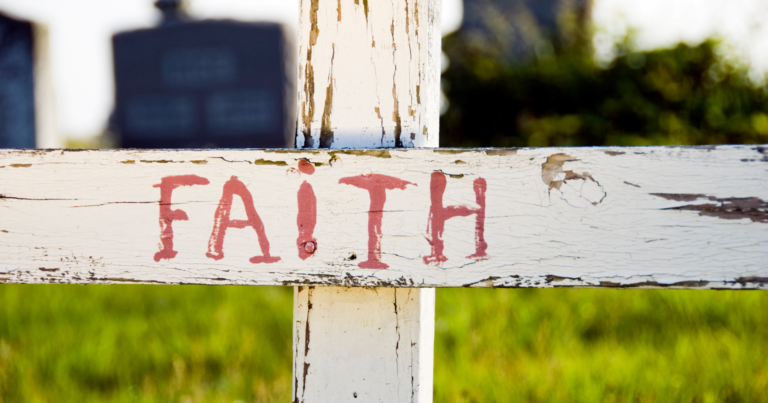In my early 20s, I was adrift.
The world seemed like a vast ocean, and I was just a small boat without a compass.
College had ended, most of my friends had scattered across the globe, and I was left in my small hometown with an arts degree and no clear direction.
I juggled various odd jobs, from a barista in a small coffee shop to a part-time assistant in a law firm.
Honestly, it felt like I was living in a perpetual state of transition, waiting for my “real life” to begin.
Then, during one of those sleepless nights, I stumbled upon the parable of the lost sheep.
This biblical story tells of a shepherd who leaves his flock of 99 sheep to search for the one who is lost. When he finally finds it, he rejoices more over that one sheep than over the 99 that were not lost.
As strange as it may seem for an aimless twenty-something, the parable resonated with me deeply.
It suggested that perhaps being “lost” wasn’t such a terrible thing after all — maybe it was just part of the journey.
Over time, this one parable transformed the way I viewed my life and my place in the world.
Now in my 30s and considerably less lost than before, looking back on that time is both nostalgic and enlightening. It’s been a roller coaster ride but one I wouldn’t trade for anything else.
How I embraced “being lost”
My first encounter with the parable of the lost sheep was an accident.
I was mindlessly browsing the internet when I stumbled upon a blog post discussing it. As I read through the story, I felt a strange comfort.
The idea that there was joy in being found, even after being utterly lost, struck a chord within me.
The parable, in a way, gave me permission to be lost. It reminded me that it’s okay not to have all the answers right away.
The shepherd didn’t abandon his lost sheep — he searched for it. It suggested that perhaps there was someone or something out there looking out for me too.
After realizing this, I began to lean into this newfound perspective. Instead of panicking about my lack of direction, I started to view it as an opportunity for exploration.
I allowed myself to try new things, make mistakes, and learn from them.
This was how I stumbled into my current career in content writing – a field I knew nothing about until I took a leap of faith and accepted an entry-level position at a startup.
This journey wasn’t easy or linear by any means.
There were many moments filled with self-doubt and confusion.
But each time I felt lost or overwhelmed, I would remind myself of the parable of the lost sheep – and it would bring me some level of comfort and resilience.
I challenged the straight-and-narrow narrative
Have you noticed that there’s a prevalent narrative in our society that life should progress in a linear fashion?
You know, you go to school, get a job, settle down, and everything falls into place.
If you deviate from this path or if you’re still figuring things out, it’s easy to feel like you’re failing.
This narrative was what had caused me so much anxiety in my early 20s.
I was grappling with the fact that I didn’t have a clear career path, and this societal expectation made me feel like I was falling behind everyone else.
But my encounter with the parable of the lost sheep challenged this notion. It taught me that being lost isn’t a sign of failure; it’s part of the human experience.
It’s during these times of uncertainty and exploration that we often discover who we truly are and what we really want.
In retrospect, my 20s – a decade marked by confusion, self-doubt, and countless career pivots – were not wasted years. They were years of growth, self-discovery, and transformation.
Why accepted change and started to find my path
If you’re reading this and you’re feeling lost or directionless, I want you to know you’re not alone. It’s okay not to have everything figured out.
In fact, it’s perfectly normal.
The key to navigating through this period is embracing the uncertainty and being open to new experiences.
For me, this meant stepping out of my comfort zone and taking on jobs that I never thought I would.
I began to treat each job as a learning experience and a stepping stone towards my future. Every role, no matter how insignificant it seemed, taught me something about myself, my interests, and my skills.
What’s more, I made it a point to seek support from others. I reached out to mentors, joined networking groups, and took advantage of professional development resources available online.
These connections not only provided me with guidance but also exposed me to different career paths I hadn’t considered before.
Most importantly, I learned to be patient with myself.
Change doesn’t happen overnight, and finding your path is a journey, not a destination. It took me years of exploration and self-discovery to figure out what I really wanted in my career and life.
Stepping back and reclaiming personal power
Looking back at my journey, I’ve come to realize that taking personal responsibility for my situation was a turning point.
Even when I felt lost, even when it felt like the world was against me, I chose to take control of my life.
Of course, this shift in mindset didn’t solve all my problems. But it did give me the power to navigate through them.
Another thing that I’m proud of is that I learned the importance of thinking for myself.
For too long, I let societal expectations dictate the course of my life. But the truth is, we’ve all been shaped by external influences – our parents, our culture, societal norms.
Recognizing this was a game-changer for me. It allowed me to question these expectations and decide what really mattered to me.
Now, I’d like to share some advice with you based on what I learned:
- Acknowledge your current struggles and discontent.
- Face the reality of your situation head-on – avoid blind positivity.
- Understand how societal conditioning has shaped your beliefs and expectations.
- Pursue ambitions that resonate with you, not ones imposed by others.
- Embrace self-exploration and personal development.
- Break away from societal expectations and reclaim your personal power.
It won’t lie to you, though — this journey is not an easy one.
It requires dedication, patience, and a willingness to confront uncomfortable truths about ourselves and the world around us.
But trust me, the rewards are immense – a life lived on your own terms, aligned with your true nature.














